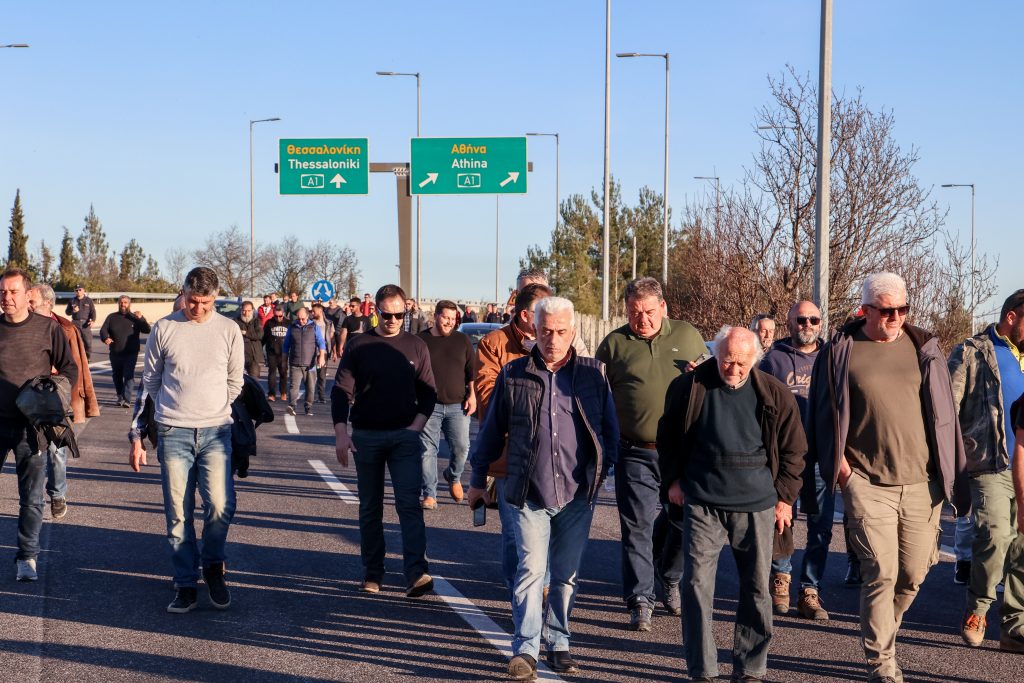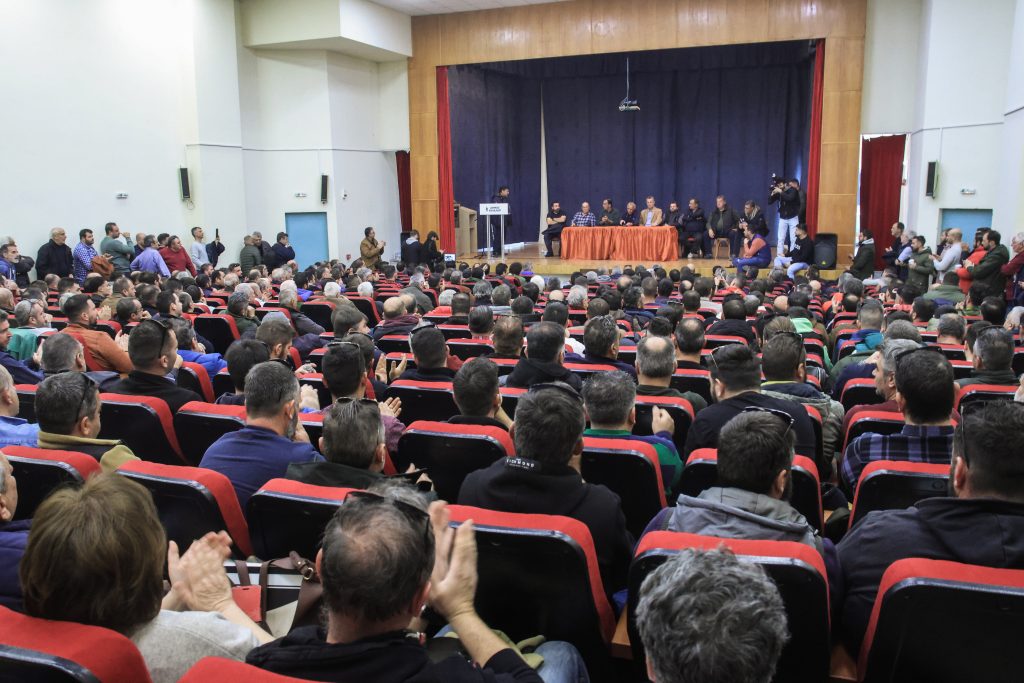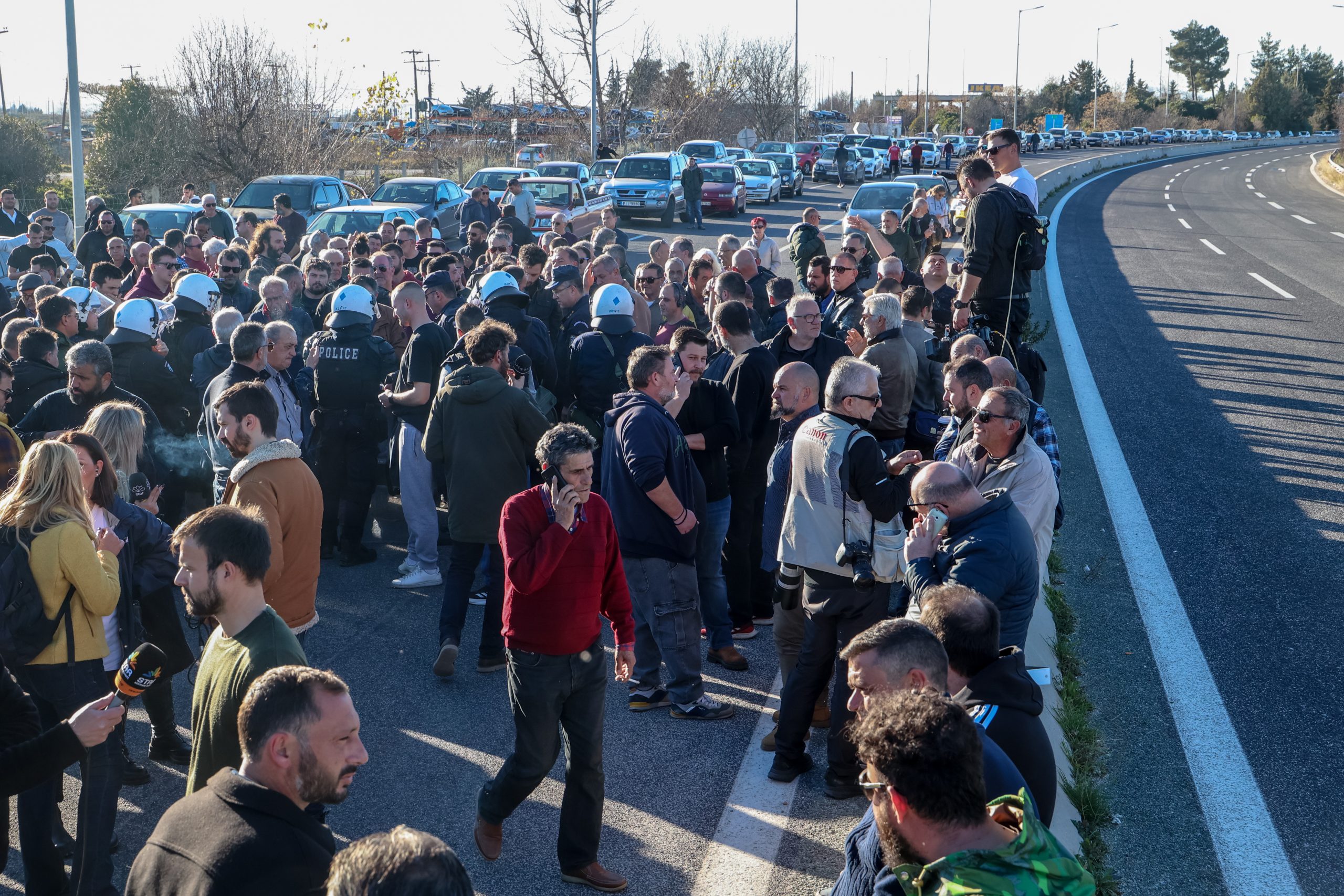Groups of protesting farmers and stockbreeders in the country on Tuesday decided to intensify mobilizations around the country, in demand of greater state support and subsidies.
Although similar mobilizations have been a mainstay in Greece over the past three decades in January and February, months where agriculture-related work is at its lowest point, this year marks a distinct difference, given the massive flood-related damages in the Thessaly province – the country’s “bread basket” – and ongoing protests in western Europe.
The decision to continue with mobilizations and issue demands came during a nationwide assembly convened in the central Greek town of Nikaia, in the heart of the Thessaly plain.

The more ominous threat emanating from the current mobilizations is the renewed blocking of major provincial highways and border posts with farmers’ tractors, as the latter have also promised to bring farm machinery to Athens next week for a major rally – and massive traffic congestion that such a move would cause.
The specific groups of farmers demand, among others, tax-free diesel fuel and a fixed rate of 7 cents per kilowatt of electricity.

(EUROKINISSI)
The first demand is one of the two most “maximalist”, as the government is highly averse to funneling more untaxed quantities of fuel into the market, given the problem with fuel smuggling in Greece.
Another demand by protesting farmers is for non-application of the EU’s new Common Agriculture Policy (CAP) and a “re-negotiation”.
The specific farmers’ groups also called for greater subsidies for supplies and animal feed, and no less than 100% reimbursement for losses.



